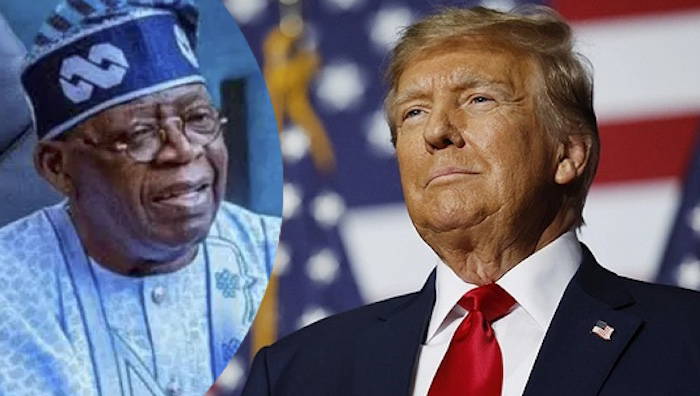
Samuel Omang
The United States has again raised international tension over the security situation in Nigeria, with Washington signalling readiness to take military steps if attacks on Christians in the country continue.
In a message released via X on Sunday, U.S. Secretary of War Pete Hegseth warned that the American government is “preparing for action” should Nigeria fail to curb alleged targeted violence against Christian communities.
“The killing of innocent Christians in Nigeria — and anywhere — must end immediately,” Hegseth wrote. “The Department of War is preparing for action. Either the Nigerian Government protects Christians, or we will kill the Islamic terrorists committing these atrocities.”
The comment comes barely hours after U.S. President Donald Trump issued a similar warning through Truth Social, threatening to suspend all forms of American assistance to Nigeria and authorising his war department to be on standby.
Trump accused the Nigerian government of failing to act decisively, saying the U.S. was ready to intervene if necessary.
“If the Nigerian Government continues to allow the killing of Christians, the U.S.A. will immediately stop all aid and may be forced to act — fast and forcefully — to eliminate the terrorists responsible,” Trump declared.
Both statements have ignited global debate, with observers expressing concern over the possibility of direct U.S. military involvement in Nigeria — a rare escalation in diplomatic language between both nations.
The Nigerian government has yet to formally respond as global attention turns to Abuja for clarification and diplomatic engagement amid mounting pressure from Washington.
Meanwhile, Nigeria’s Presidency says President Bola Ahmed Tinubu will hold talks with United States President Donald Trump in the coming days following renewed accusations of widespread attacks on Christians in Nigeria.
Special Adviser to the President on Policy Communication, Daniel Bwala, disclosed the planned engagement in a statement on X on Saturday. The move follows repeated comments by President Trump accusing the Nigerian government of failing to protect Christian communities from extremist violence.
According to Bwala, the discussions will focus on strengthening counterterrorism collaboration and addressing perceived misunderstandings about the nature and targets of terrorist attacks within the country.
“Both President Tinubu and President Trump share a commitment to confronting terrorism and protecting innocent lives,” Bwala wrote, noting that the U.S. has previously supported Nigeria by authorising arms sales during Trump’s first term. “President Tinubu has utilised that support effectively in the nation’s fight against insurgency, with significant results recorded,” he added.
Bwala stressed that the upcoming engagement will help clarify whether extremist groups in Nigeria target only Christians or attack citizens regardless of faith, saying those issues will be resolved during the meeting “either at the State House or White House.”
The diplomatic move comes after Trump threatened to halt American aid to Nigeria and hinted at possible military action if the Nigerian government fails to curb alleged persecution of Christians. His remarks followed similar claims by U.S. lawmaker Riley Moore, who pressed Washington to designate Nigeria a “Country of Particular Concern” and restrict arms sales until violence against Christians is addressed.
Nigeria has consistently rejected allegations of state-enabled religious persecution, maintaining that violence in parts of the country is driven by terrorism, banditry, and criminal activities affecting citizens of all faiths.
As global attention heightens, the forthcoming Tinubu–Trump meeting is expected to shape discussions around Nigeria’s security landscape and future cooperation between Abuja and Washington.
